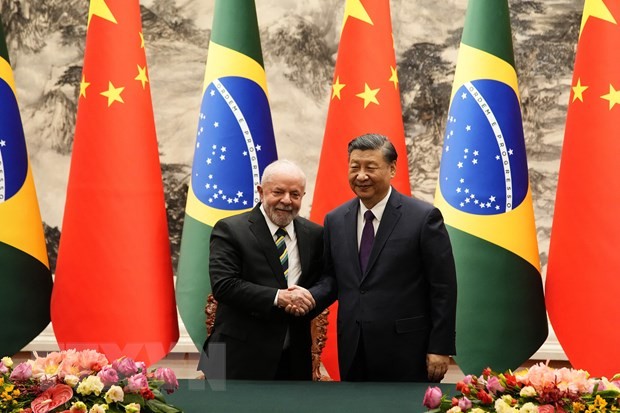 |
| Chinese President Xi Jinping (right) and Brazilian President Luiz Inacio Lula da Silva (left) at a meeting in Beijing, China, April 14. (Source: AFP) |
The Brazilian President's recent visit to China, his offer to mediate in Ukraine and his reception of Russian Foreign Minister Sergei Lavrov show that the Latin American country's traditional foreign policy is being increasingly consolidated.
Practical approach
Russian Foreign Minister Sergei Lavrov arrived in Brazil today for talks with his counterpart Mauro Vieira—the latest in a series of bilateral meetings by Brazilian leaders that are likely to upset the United States.
Lavrov arrived just as Brazilian President Luiz Inácio Lula da Silva returned from a state visit to China. These are two diplomatic events seen as part of the Brazilian president's efforts to restart the neutral foreign policy that Lula has pursued since returning to power, in order to restore Brazil's international reputation.
For Brazil, that means rebuilding and maintaining relations with all partners, regardless of whether these moves may anger some important partners.
“To return to international politics, Brazil must have positive relations with all countries,” said Rubens Duarte, coordinator of Mundolab, a Brazil-based international relations research center. This, he added, is in line with Brazil’s traditional policy of valuing multilateralism.
The Brazilian President's actions are considered a pragmatic approach: Brazil identifies the US and China as its top trade partners, and relations with Russia are equally important as the South American country depends heavily on Russia for fertilizer imports.
Ambition to be a mediator
One recent move that has received attention from President Lula is proposals for Brazil to act as a peace broker in the conflict between Russia and Ukraine.
Mr Lula first raised the idea during a meeting with German Chancellor Olaf Scholz in January, when he rejected the German chancellor 's request for Brazil to provide arms to Ukraine.
The Brazilian president has proposed a “peace club” of neutral countries that would include several other leaders, including US President Joe Biden and Chinese President Xi Jinping. He sent his top foreign policy adviser, Celso Amorim, to discuss peace prospects with President Vladimir Putin on a secret trip to Moscow in late March.
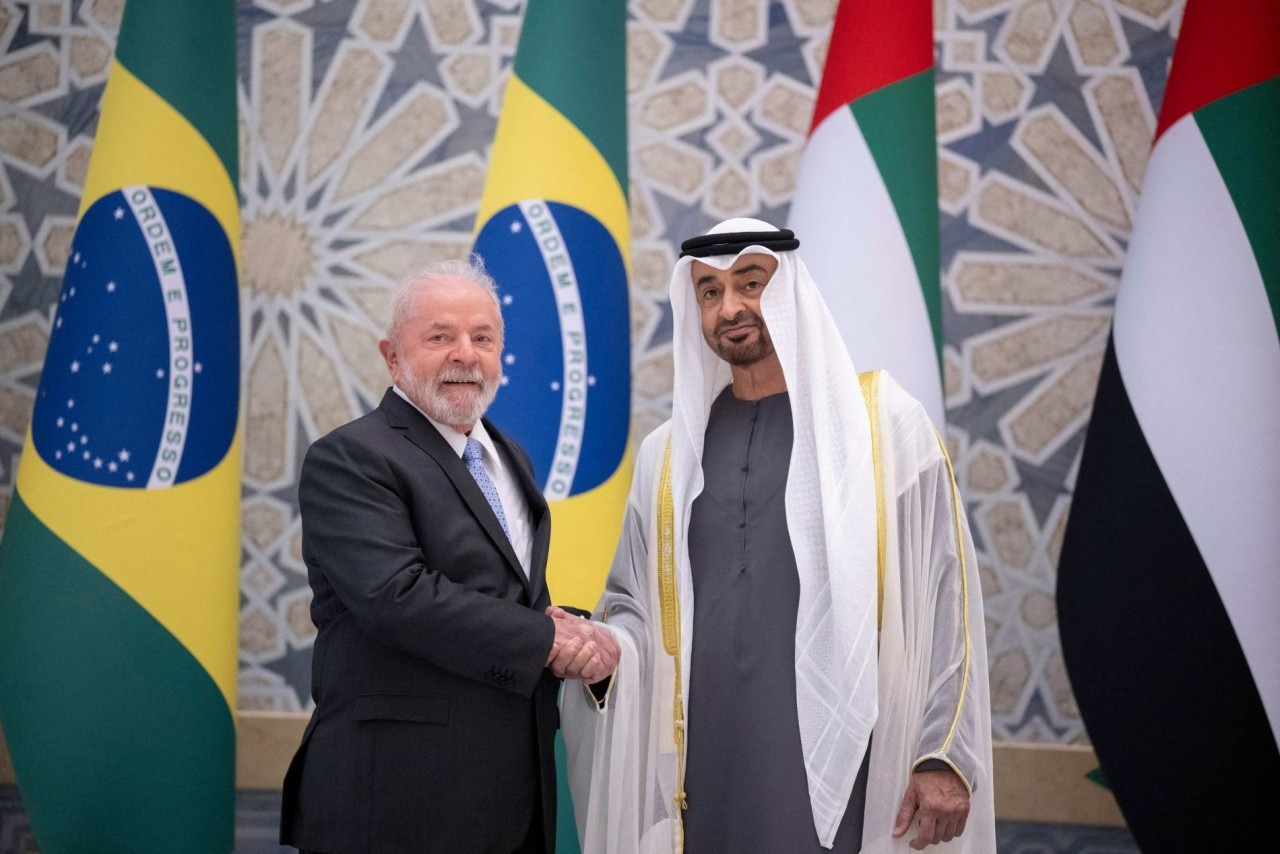 |
| UAE President Mohammed bin Zayed Al Nahyan welcomed Brazilian President Lula da Silva to the UAE for an official visit from April 15-16. (Source: AFP) |
President Luiz Inacio Lula da Silva said on April 16 that he had discussed with the leaders of China and the United Arab Emirates (UAE) the possibility of mediating the conflict between Russia and Ukraine. Lula da Silva stressed that these two countries and others should join a "political G20" (Group of the world's leading developed and emerging economies) to quickly find a solution to end the conflict.
Earlier, on March 2, President Lula da Silva had a phone call with his Ukrainian counterpart Volodymyr Zelensky, in which the leader of this South American country reiterated the proposal for Brazil to play the role of international mediator in the Russia-Ukraine conflict.
These moves, along with welcoming Russian Foreign Minister Lavrov on a Latin American tour that included stops in Venezuela, Cuba and Nicaragua - anti-US strongholds - did not sit well with Washington.
"Brazil is back"
Although Brazil voted against Russia's special military action at the United Nations in March, President Lula has often made contradictory statements about the conflict.
Recently, Mr. Lula suggested that Ukraine should consider giving up Crimea to achieve peace.
Speaking to reporters in China on April 15, he said the US should “stop encouraging” conflict and the European Union “must start talking about peace”.
According to the leader, in that way, the international community can "convince" Russian President Vladimir Putin and Ukrainian leader Volodymyr Zelensky that "peace is in the interest of the whole world".
Lula's visit to China, Brazil's top trading partner, is focused on strengthening ties and spreading the message that "Brazil is back" as a key player on the international stage.
“Lula’s approach to Ukraine, both in action and rhetoric, is causing a lot of suspicion in Washington and other Western countries in Europe,” said Bruna Santos, director of the Brazil Institute at the Wilson Center, a Washington-based think tank.
This is not, however, Brazil's first attempt at international peace talks under Lula: during his previous stint in power, from 2003 to 2010, his government sent a peacekeeping mission to Haiti and in 2010 tried to broker a nuclear fuel deal between Iran and Türkiye.
“Brazil’s relationship with Russia is very strong, […] but I don’t think this really changes Brazil’s position,” said Guilherme Casarões, professor of international relations at the Fundação Getulio Vargas University. “Even if it were a conflict involving countries with which Brazil does not have close relations, that would not change, because Brazil has always been a peacemaker, a mediator.”
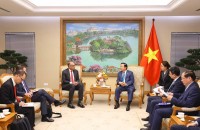 | Vietnam is always interested in HSBC Bank's pioneering policy in digital transformation and green transformation. On the morning of February 15, at the Government headquarters, Deputy Prime Minister Tran Hong Ha received Mr. Surendra Rosha, Co-CEO of the regional... |
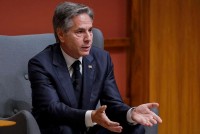 | US Secretary of State visits Africa, bringing 'thoughts' about China On March 10, the US State Department said that Secretary of State Antony Blinken will visit Ethiopia and Niger next week. |
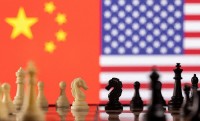 | China never deliberately pursued a trade surplus with the US! Chinese Ministry of Commerce spokesman Shu Jueting said so on March 23. |
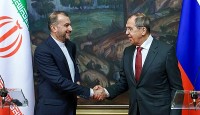 | Iranian Foreign Minister Visits Russia: Reacts to China's Idea of Resolving Conflict in Ukraine, Affirms Position with the US On March 29, Iranian Foreign Minister Hossein Amir-Abdollahian and his Russian counterpart Sergei Lavrov held a joint press conference after talks on the ... |
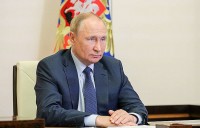 | Key Points of Russia's New Foreign Policy Concept: Not to See Yourself as an Enemy of the West and Not to Isolate Yourself Russian President Vladimir Putin on March 31 approved an update to the country's Foreign Policy Concept, which will create a basis for ... |
Source


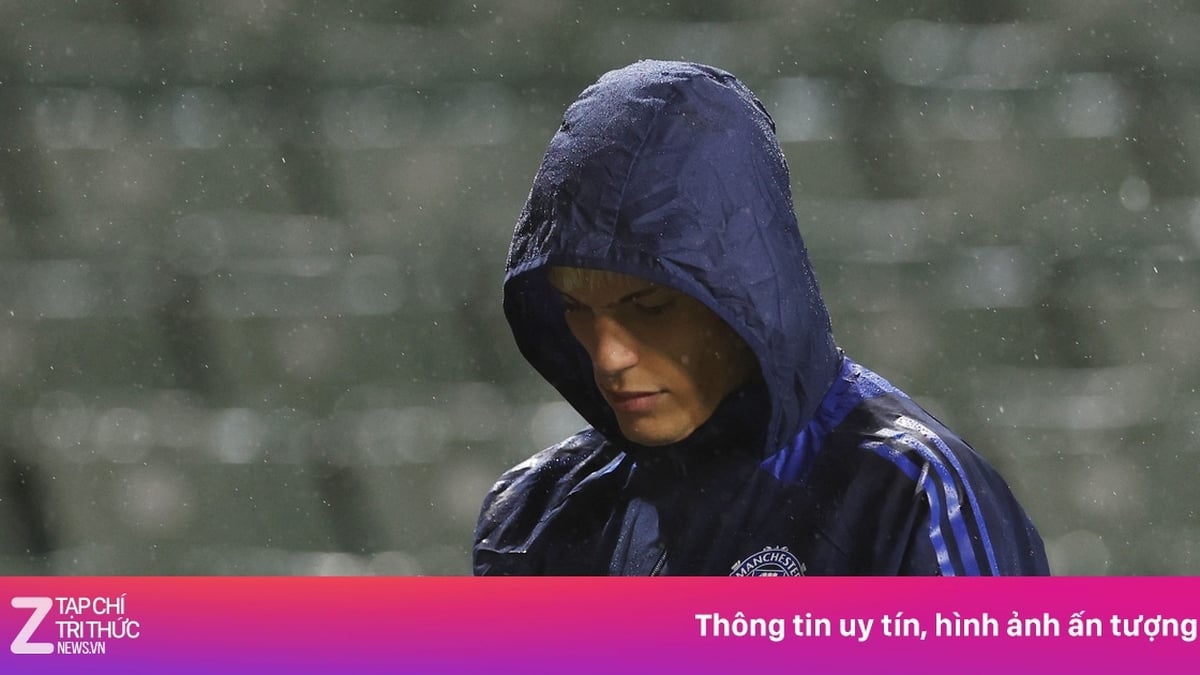
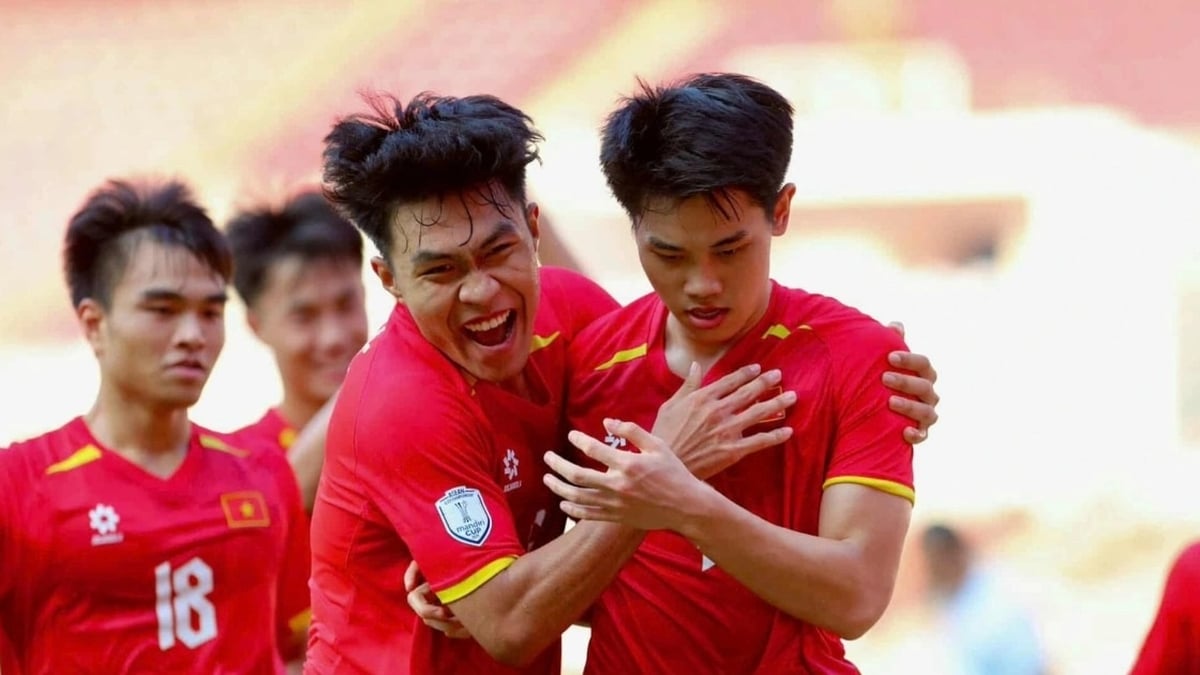

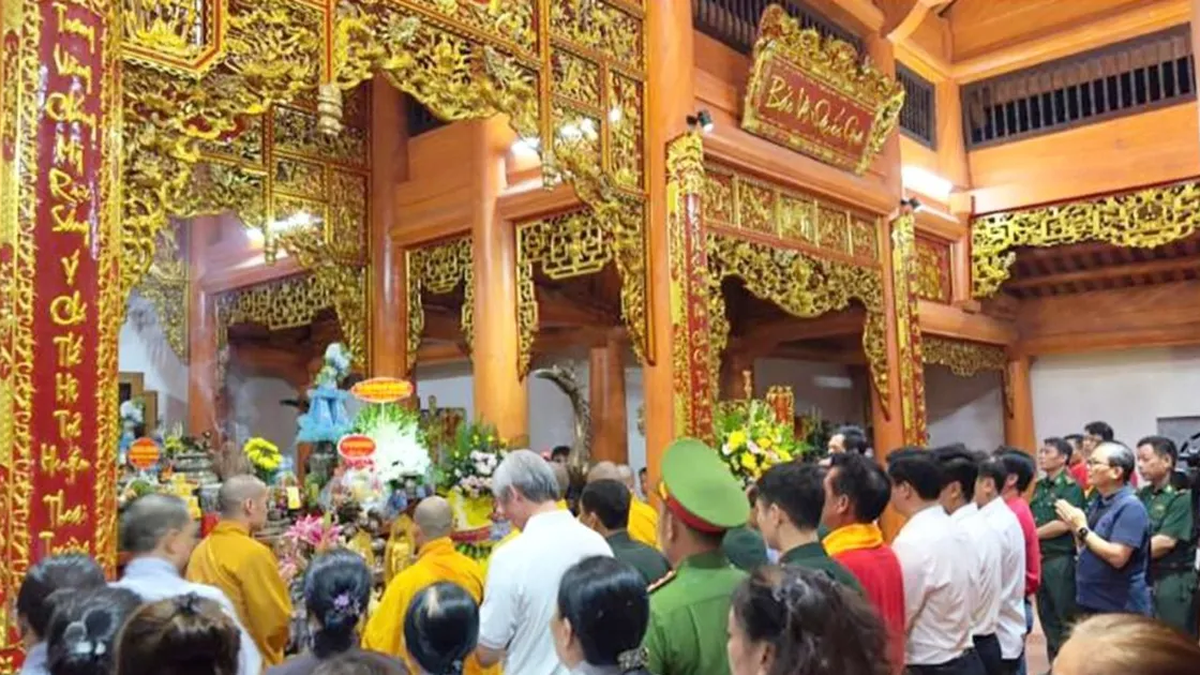
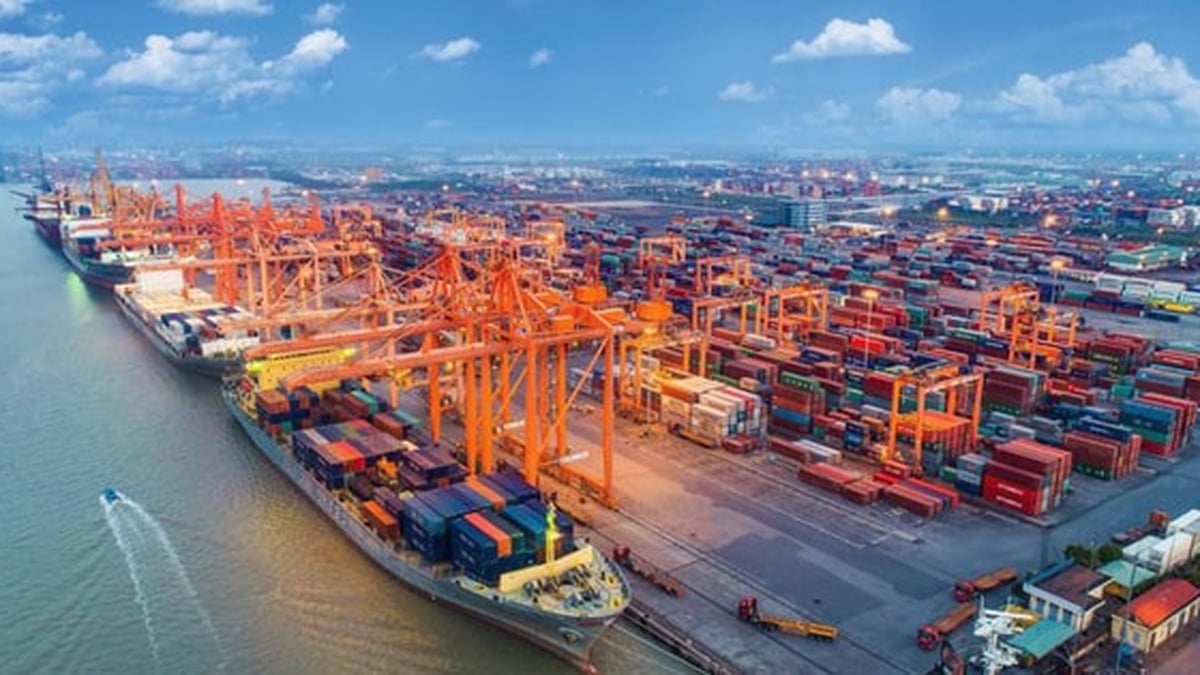
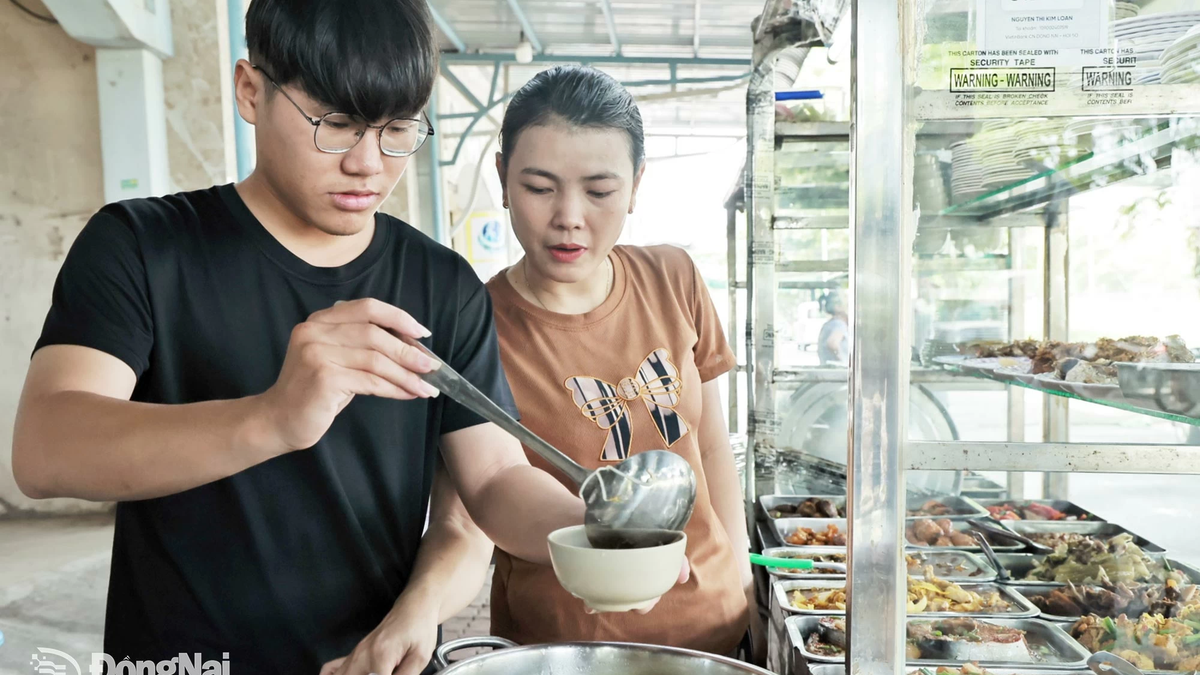
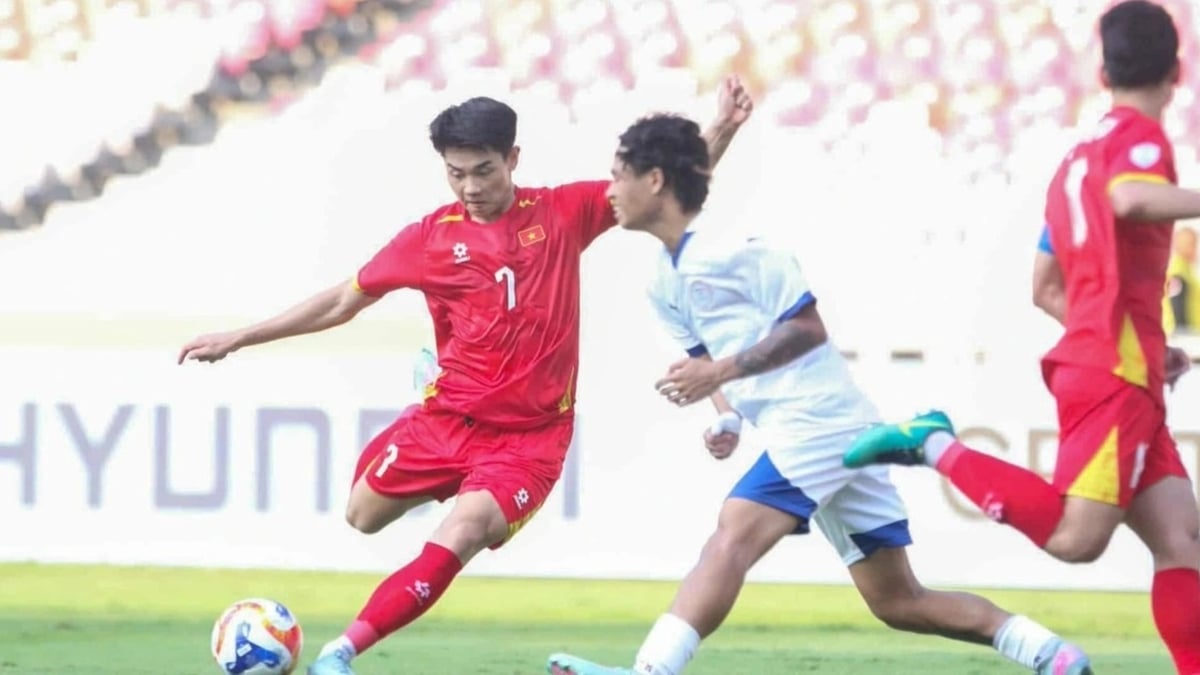
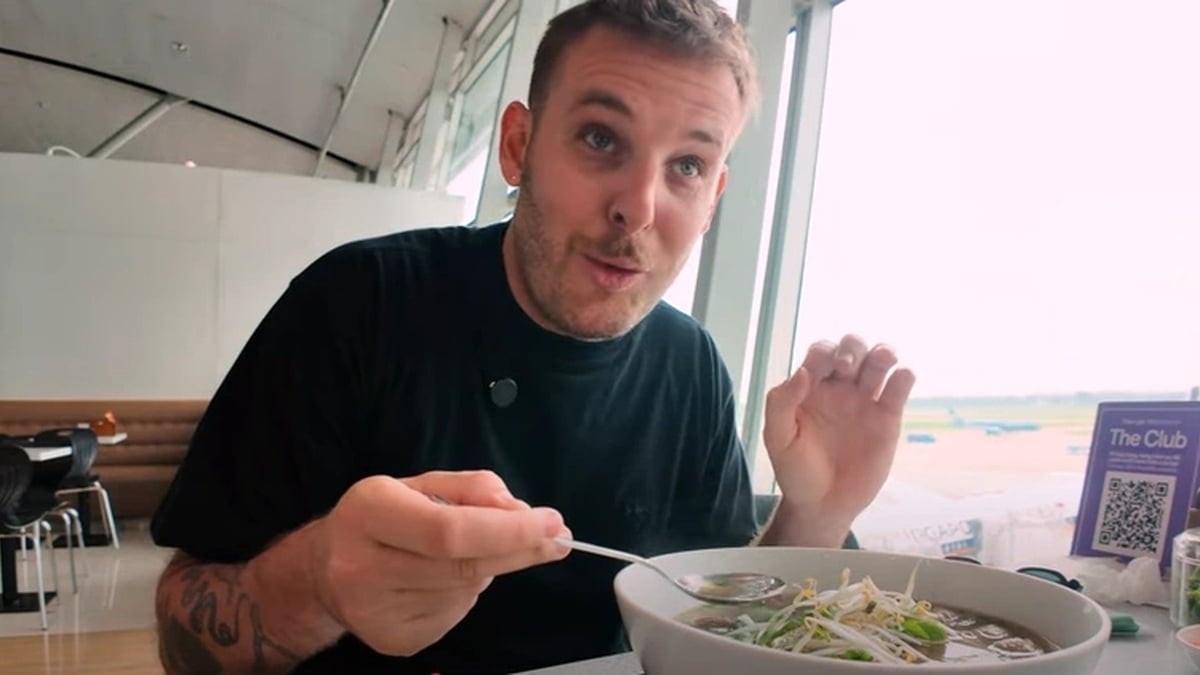

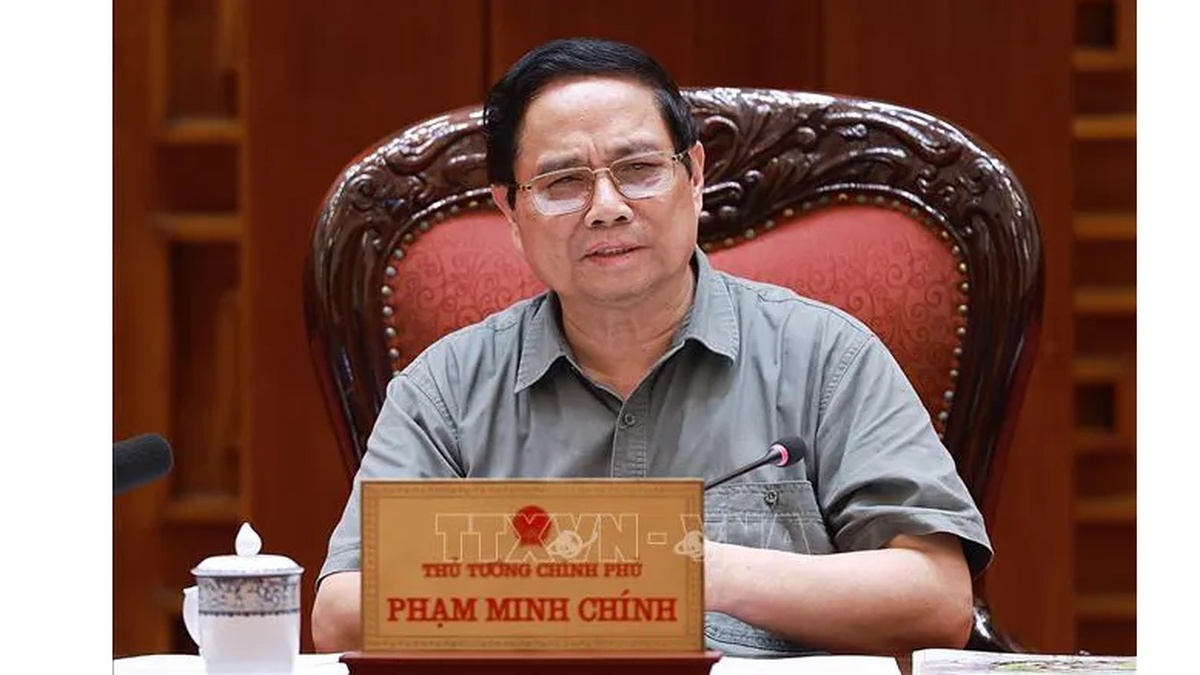















![[Photo] National Assembly Chairman attends the seminar "Building and operating an international financial center and recommendations for Vietnam"](https://vphoto.vietnam.vn/thumb/1200x675/vietnam/resource/IMAGE/2025/7/28/76393436936e457db31ec84433289f72)









































































Comment (0)